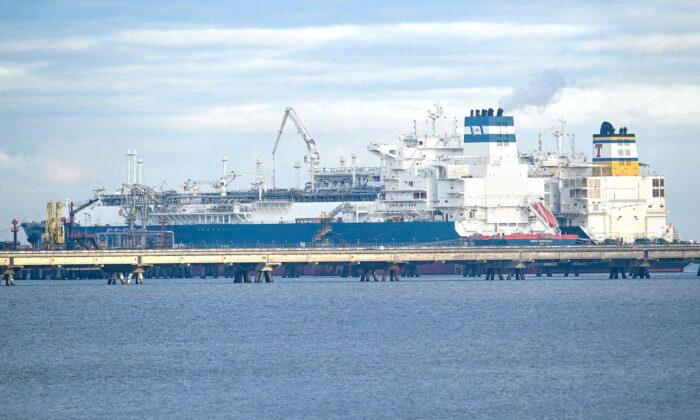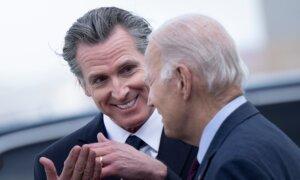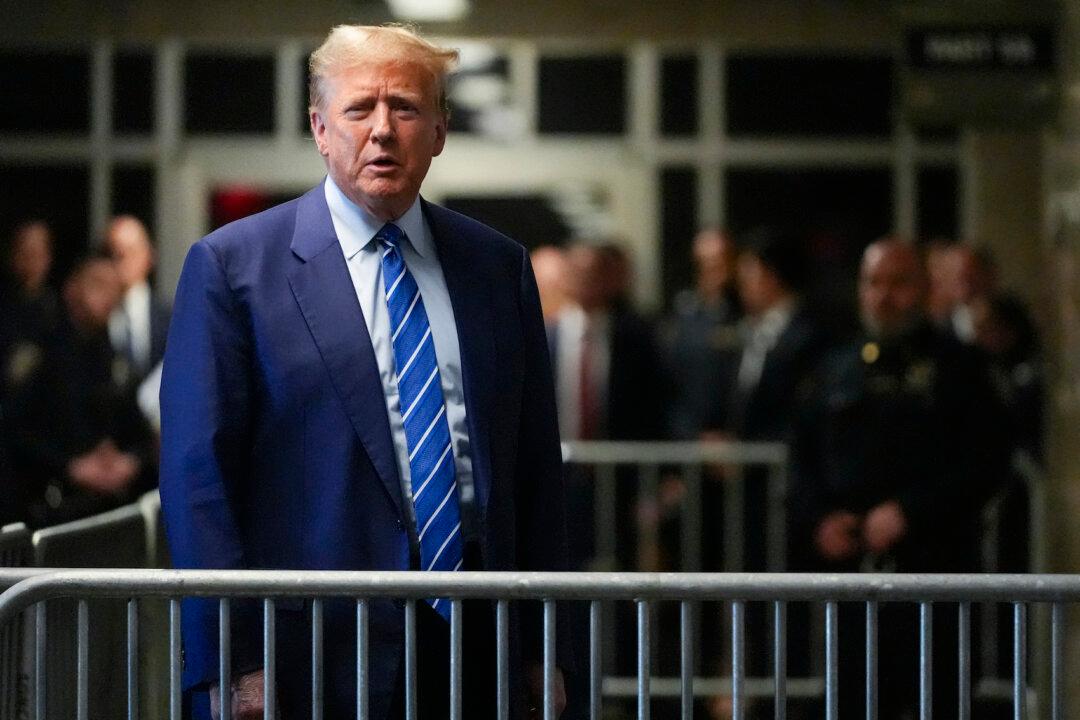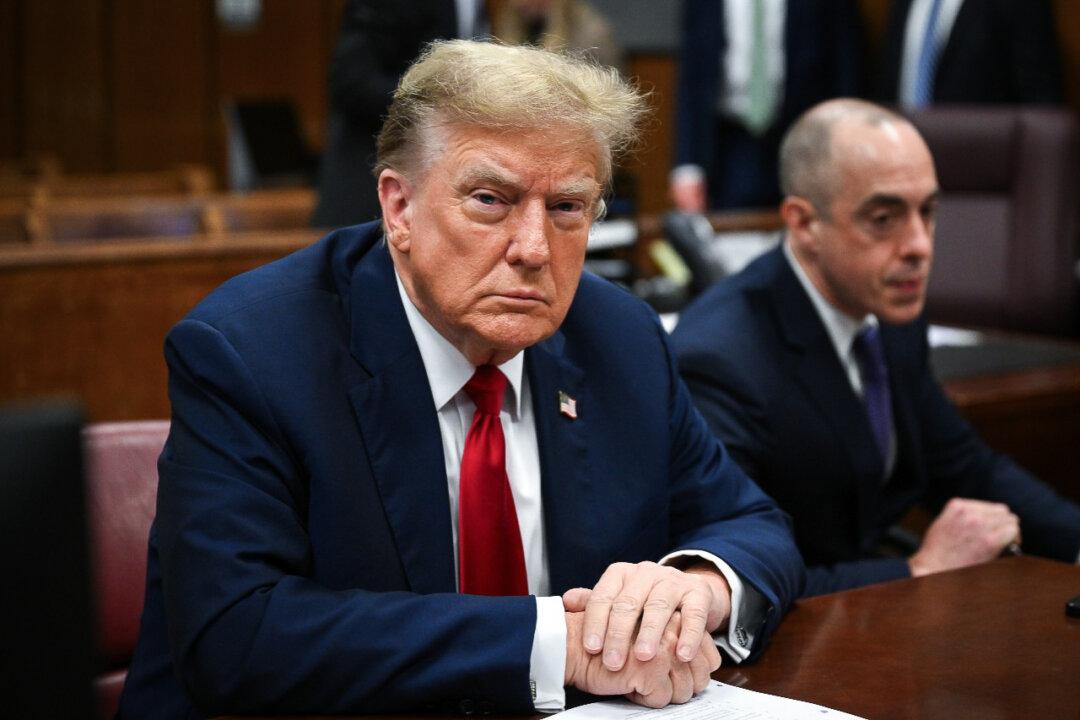While the United States and friendly European Union powers have taken important steps toward energy independence in the year since the Kremlin’s invasion of Ukraine, much critical infrastructure is still not in place and the aligned nations have a great deal of work to do to ensure the security and accessibility of their energy supplies in the months to come.
A responsible and sustainable energy policy is not yet in place, as reflected in high electricity and coal prices, and a lack of financial support for the development of badly needed infrastructure.
That’s the view of Dr. Anna Mikulska, a fellow in energy studies at the Baker Institute for Public Policy at Rice University and a witness at a Feb. 16 hearing of the Senate Committee on Energy and Natural Resources entitled “One Year Later: The Impact of the Russian Federation’s War in Ukraine on European and Global Energy Security.”
Testifying alongside Mikulska were Dr. Andrew E. Light, assistant secretary at the Office of International Affairs of the Department of Energy (DOE), and Ditte Juul Jørgensen, director-general for Energy at the European Commission.
Swift Moves
Light set the stage by praising the actions of the U.S. Congress even before Putin’s invasion of Ukraine last year, and described what he saw as a wide-ranging effort to adjust energy policy in light of Putin’s aggression.Prior to the invasion, Congress allocated $30 million to the DOE for the purpose of helping Ukraine build connections with the EU’s energy grid and bolster the country’s own energy-exporting networks. The DOE has been hard at work delivering the necessary equipment to Ukraine and the third tranche of this gear is scheduled for delivery in March, Light said.
In addition to these efforts, the DOE is working closely with the International Atomic Energy Agency to monitor and protect Ukraine’s nuclear power infrastructure. The DOE has invested heavily in international labs helping Ukraine plan for and implement the transition to an independent domestic energy system when the war is over.
“It’s clear to us that energy security and the energy transition are two sides of the same coin. There can be no lasting energy security without diversifying energy supply, including expanding the use of clean energy,” Light said.
Light then offered high praise for President Joe Biden’s actions in the face of the Kremlin’s menace.
“Recognizing the danger posed by Russia’s unitary position in the European energy market, the president took decisive action and directed the administration to take all available measures to work with our allies in Europe and around the world to ensure a surge of liquefied natural gas and pipeline gas was available to Europe,” he said.
In 2022, roughly two-thirds of U.S. energy shipments went to Europe, more than twice the volume sent there in 2021, Light said, before issuing a stern warning. For all the responsiveness of the Biden administration and the significant progress made to date, the winter of 2023-2024 will be far more difficult to navigate than the current one, he warned, partly as a result of growing competition from China’s vast markets.
“Make no mistake, next winter will almost certainly be harder, with China ramping back to pre-COVID consumption levels and no Russian gas for European storage,” Light said.
Going Greener
EU Energy head Jørgensen emphasized the role of clean energy, and liquified natural gas (LNG) in particular, in improving energy security and independence in the wake of the Ukraine crisis.“One year into the Russian war on the European continent, the crisis is not over. But the EU’s response has been immediate, strong, and effective. We have managed to combine energy security with the objectives of clean energy transition and climate neutrality,” she said.
Jørgensen praised the speed with which the European Commission set forth its REPowerEU program just weeks after Putin’s invasion. The goal of REPowerEU is to ease dependence on Russia’s fossil fuels by cutting down on consumption and emphasizing renewable energy sources though friendly powers instead of the Kremlin.
“Quickly replacing natural gas has been key. The transatlantic alliance has been essential in this regard,” Jørgensen said.
Building on Light’s comments, Jørgensen stressed the central role of the United States in implementing a new framework for the supply and consumption of energy in Europe. She pointed out that U.S. imports of LNG to the EU rose nearly threefold in 2022, making America the biggest supplier of LNG to Europe.
Meanwhile, the EU cut its gas demand by 20 percent within a few months and shifted decisively in favor of renewable energy, while sending more than 5,000 generators to Ukraine. The upshot of these efforts is that Russia now supplies less than half the natural gas to the EU than before the invasion, she said.
However, the energy supply network depends heavily on the decisions of the companies involved, and Jørgensen voiced concern about the willingness of players in the market to enter into the long-term contracts needed to sustain and build the new model.
Avoiding Past Errors
Baker Institute fellow Mikulska criticized what she called the mismanagement of energy supplies, linking it to dependence on Russia’s natural resources.The destabilization of the market in the wake of the Ukraine invasion is a shock comparable to the oil crisis of the 1970s, Mikulska said.
“At that time, Western European nations decided that reliance on crude oil would be attenuated by bringing in Russian natural gas to support European energy and European industry and human needs. Now, half a century later, the EU is facing another energy crisis that results from mismanagement of energy security, including overreliance on Russian energy and underestimation of Russia’s readiness to use gas flows for geopolitical purposes, and the general lack of alternatives for immediate and seamless substitution,” Mikulska said.
“As a result, for almost a year now, Europe has relied on energy efficiency measures, demand curtailment, and ability to pay record prices for energy,” she added.
Like the other two witnesses at the hearing, Mikulska praised the U.S. response to the war and role in helping Europe get back on its feet.
“Critical, also, was support from the U.S. oil and gas industry, which turned out record volumes, helping to sustain anti-Russian efforts around the world with flexible and commercially oriented supply and active energy diplomacy,” she said.
Supply and Demand
The mismanagement is particularly acute with regard to natural gas, she continued. The lack of infrastructure needed to access LNG supplies traded on the global market has made the quick and full replacement of lost volumes impossible, argued Mikulska.“Recent infrastructure additions, especially floating storage and regassification units being installed hastily and at a great cost in Germany, the Netherlands, and Italy, may help, but only to an extent, given that global supply of LNG will not expand much over the next two to three years. There is also the potential for rebounding Chinese demand that could tie down the markets even further,” Mikulska warned.
In such a scenario, it is likely that European countries will have to compete aggressively with other LNG-importing nations, she said. Mikulska envisioned a scenario where the richer European countries will repeat the success they achieved last year in outbidding competitors, but the effect of the prices on limited energy supplies will be severe.
This phenomenon was already on display in 2022, when wholesale natural gas prices in Europe hit $90 per British thermal unit (BTU), Mikulska said. Before the invasion, the average was $6 to $10, she said. The comparison is even more unfavorable considering that even at the height of the record inflation in the United States last year, gas prices topped off at $6, Mikulska noted.
“Prices of electricity and goal, used as a substitute for natural gas, have risen to record highs, and even though prices have abated now, they are still at multiples of what they were before. High prices have dealt a blow to European industry, including, more prominently, the chemical and fertilizer industries,” Mikulska added.
Compounding the lack of sufficient infrastructure for green energy independence is the tendency of some powers to view the changes implemented over the past year as short-term measures, argued Mikulska. Hence, they are reluctant to commit to the long-term contracts and the financing needed to ensure the abundant supply of LNG that a sustainable model entails. State-supported Russian companies, she said, operate with no such handicap.
“As the European crisis shows, responsible energy policy can and should consider all of the above options. Plans that are realistic, well founded, and accessible have a chance to prepare actual change, rather than those that are already written out as policy goals. For the United States, this means responsible development and use of all its resources to allow the country to use its comparative advantage while ensuring the well-being of its population,” she said.
“Increased U.S. geoeconomic power, as we have seen over the last year, allowed a country to step in and help its allied when needed,” Mikulska added.








Friends Read Free